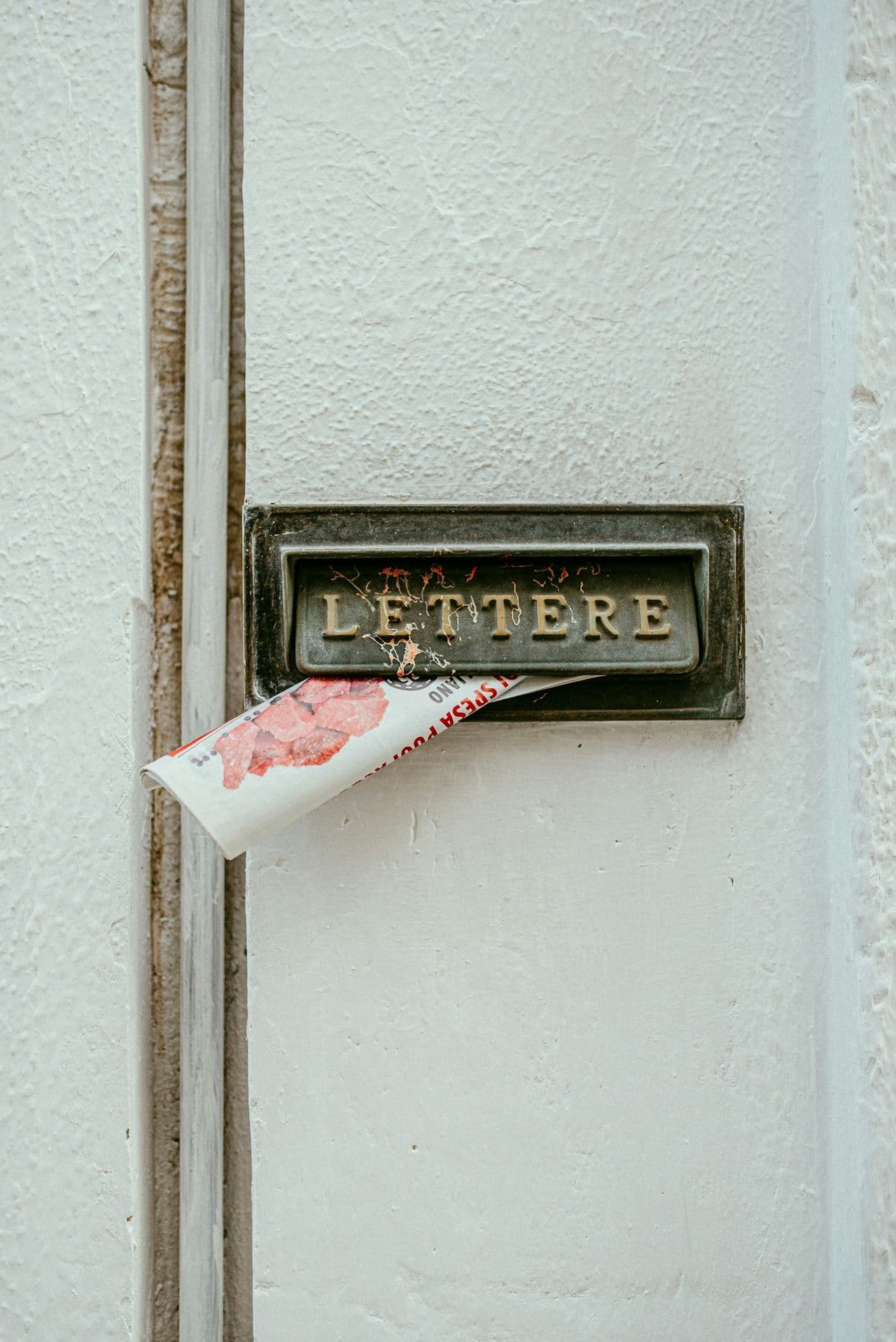There’s nothing better than a handwritten card. It’s a simple gesture and a meaningful act when you sit down to write a note to tell someone you’re thinking about them. It can also be hard–even if you’re done a version of this a dozen times–to know what to say. And it can be worrying that you might say the wrong thing. But, in our experience, everyone we speak to almost always says that saying something is so, so much better than saying nothing.
Below, we gather advice from experts on what to avoid, what to seek out, and how to write a kind ‘thinking of you’ note. They can be short and simple, or deep and thoughtful. Either way, they will mean a lot a lot a lot.
With a card, the gesture alone is going to go a long way
Sonia Su founded Kits to Heart in 2020 after feeling inspired and strengthened by a care package she received while going through chemotherapy for non-Hodgkin lymphoma. In each of the more than 11,000 care kits the nonprofit has sent to cancer patients, they include at least three volunteer-made handwritten cards. These are typically the recipients’ favorite part; and they’re from strangers. “We really try to hone in on the point that people care. They put time and effort into writing these cards, and that can show you that, yes, there is love and support and hope,” Su says.
So try not to get so tripped up on saying the wrong thing. KrisAnn Talarico, a certified oncology social worker, says that even after her 20 years working with people with cancer, she still makes mistakes. In your note, it might be a good idea to be transparent about that—let them know that you’re worried about saying the wrong thing and that you don’t entirely know what to say, because they may not even know what they want to hear. “What is more important is the connection and the expression of care and love,” Talarico says.
Don't be afraid to have some feeling...
The best thing you can do when writing a card is to be genuine. Abby, who was diagnosed with breast cancer in 2023, says the support she felt from each letter she received throughout her diagnosis and treatment was almost overwhelming, because they all came from a place of love.
“I think it’s about not being afraid to go deep with it,” Abby says. “I think the cards I appreciated the most were from people that reflected on what I brought to their life, and that was really touching to me.” Take this as a chance to tell them about all the reasons you love them, a time they made you smile and the joy they’ve brought to your life.
... or keep it simple, or turn to some creative ideas
What you write will largely depend on the relationship you have with whoever you’re writing to, but, universally, it’s totally fine to keep it simple with the core message being that you’re thinking of them and you care about them. Recall a funny moment you shared with them, put in a hand-written recipe you’ve loved, or look up an interest they have (a favorite musician, heartthrob, trend) and include a commentary. Some of Su’s favorite cards have included music or TV recommendations or a quote.
For a closer friend or relative, don’t be afraid to get creative with it, if that feels like something they’d enjoy. Rachel Syme’s irreverent and elegant book Letter Writer has endless prompts, like including some “witchy accoutrement" (like tarot cards and giving an interpretation), dropping in polaroids, and writing about the last time you stayed out after two in the morning. Don’t be afraid to vamp or entertain. Showing someone you know and understand what might make them smile can be really meaningful.
Putting the time, effort, and thought into making a card is most of what makes it special. Use cute stationery; spruce it with pop-ups, drawings, and ribbons if that’s your thing.
But consider avoiding a few things:
Despite it being a common, and well-intentioned, sentiment to say things like “get well soon,” “stay healthy,” or “keep shining”, or "stay positive," the nature of cancer can make these phrases feel off-putting to some people. We recommend avoiding the overly negative and the relentlessly positive. The goal should be to simply let them know there are people who care about them.
Talarico also suggests avoiding comparison, especially if it’s unrelated to cancer. “If somebody is trying to compare their situation to mine, that would be really hard to hear," Talarico says, "I would maybe back off on saying I know that’s hard because X, Y, and Z. Let the emphasis be on that individual’s experience.”
Be specific about support
And, if you’re writing to demonstrate your support—try something more specific than “let me know if there’s anything I can do to help.” While this is, again, well-intentioned, you’re putting pressure on them to ask for your help, and that’s often a tough thing to do. Instead, tell them how you’d like to help—like taking their kids for the day, walking their dog, making home cooked meals for them. Or include a DoorDash or salon gift card (some of our favorite gifts here).
Or, just tell them you’re thinking of them and they’ve got you in their corner. Abby says the outpouring of support she felt from her network during treatment and after, whether it was from concrete gifts and gestures, or from a simple handwritten card from a distant friend, were all so helpful to her getting through treatment.
It’s okay to not know what to say. By even making the effort to reach out and let them know you’re thinking of them, you’re making a difference. It doesn’t need to be elaborate. Saying something is always better than saying nothing.









